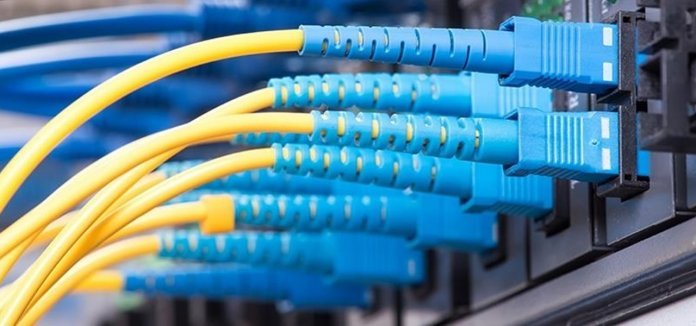There is no denying the fact that a sound internet connection is a key to a successful business. The type of connection that you choose has a deep impact on the performance and efficiency of your work as well as your productivity on daily basis, so choose your internet provider and type carefully.
You should always look out for reliable deals like Cox internet plans and packages, for instance. So that once you have subscribed, you can sit back and enjoy seamless connectivity without facing any trouble. It begins with knowing your needs and then finding out the right internet plan to fulfill them. As an internet user, you must know the difference between the various types of internet connections and look out for the most reliable services as per your budget and requirement. There are two major internet types available, which include fiber and cable. Both of these internet connection types have different modes, functions, infrastructure, reliability, and speeds. Let us dive in deeper!
Table of Contents
Infrastructure
Cable internet makes use of the same technology as cable TV. With the help of a coaxial cable, it transmits data via a copper core. These coax cables can be used for both television and internet transmission at the same time.
While the fiber internet makes use of fiber optic cables. These fiber optic internet cables are made of either plastic or glass. The thin strands are capable of carrying digital signals at longer distances and with minimal signal distortion.
Availability
Cable networks have greater coverage, so they are accessible to more people. You need to have a cable service provider, the right equipment, and installation for enjoying a good cable speed.
Though fiber internet offers rocket-high speeds, when it comes to coverage, it is not as accessible as cable internet. Fiber internet is available in fewer places and you are likely to find more fiber internet providers in metro areas. So, to enjoy high-speed fiber internet, your location matters, since the connection type still has limited availability.
Reliability
When it comes to reliability, both cable and fiber are almost equally trustworthy. In case you live in an area that faces frequent power outages, your cable internet might be affected. While on the other hand, if you are a fiber internet user, you might not have to face interruptions from electricity disruptions. This is because fiber cables are made out of glass, so if we have to pick one, it will be safe to say that fiber internet can prove to be more reliable in terms of seamless connectivity and consistency.
Speed
Both cable internet and fiber internet speeds are quite competitive. Many high-quality cable providers offer internet speeds up to 1 Gbps and support heavy downloading or gaming. While, on the other hand, fiber optic internet services offer rocket-fast speeds even beyond 1 Gbps and support multiple users conveniently at the same time. Thus, in terms of speed, fiber internet may have more to offer and stays more constant even during peak hours.
Pricing
Cable internet usually comes at a lower cost as compared to fiber internet. Fiber internet plans are more expensive and might require you to pay heavier installation charges. It mainly depends on the internet service provider you choose from the ones available in your area. It is also a fact that you might find greater diversity among the cable internet plans in terms of speeds and cost. If high-speed internet is your preference, then fiber internet with a higher price tag as compared to cable internet can be worth the cost. Moreover, it also depends on the plan you pick, location, usage, and internet speeds, etc.
Equipment Involved
Both fiber and cable internet requires some technical installation support. If you have subscribed to a cable internet plan, you might be able to self-install it by following the given set of instructions. More often, our homes already have coaxial cable wiring for TV services and the same network can be utilized for internet services if you choose the same provider. Fiber internet requires professional assistance and advanced equipment for installation.
Final Verdict
Fiber internet wins the game when it comes to faster speeds and better reliability. However, cable internet is cheaper, easier to install, and more readily available because of better coverage. So, if you live in an area with impressive and comparatively reasonable priced fiber internet services, you should get this connection type. However, if your household does not require blazing-fast internet speeds and you are looking for a more budget-friendly internet plan, then you should choose a suitable cable provider offering services in your vicinity.


